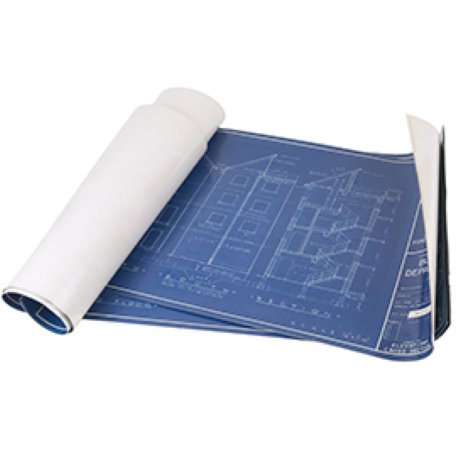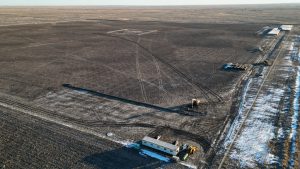The Alberta Construction Association (ACA) wants to meet with the Alberta government after voicing concern in a letter to the premier that the impact of the province’s newly-imposed carbon levy is squeezing contractors who have fixed-price or lump sum contracts where costs can’t be passed on.
"We have just sent the letter," said ACA executive director Ken Gibson, adding the association is hopeful for either a meeting or a response from the premier or government officials.
On Jan. 1, the Alberta government introduced a carbon levy on fossil fuels in a bid to reduce greenhouse gas emissions. The levy is charged at the rate of $20 per tonne in 2017 and rising to $30 per tonne in 2018. The rate is based on the amount of carbon pollution released from the combusted fuel and not the mass fuel itself. Transportation and heating fuels are included in the tax and include diesel, gasoline, natural gas and propane. There are some exemptions such as gas and diesel used on farms.
Gibson said that concerns by members started filtering in to his office when the new carbon tax became effective and general contractors began seeing their costs on projects for suppliers, materials and subcontractors rising.
He said the ACA responded by also sending out letters to all its membership expressing concern that those creeping prices could jeopardize the viability of fixed-price contracts, especially when general contractors do not have the ability to pass them to the project owner.
Gibson said these contracts were in place prior to the tax implementation.
Over a long-term contract, the cost increases from the chain of supply and service providers that a contractor deals with hits the bottom line. Even on smaller contracts, said Gibson, it can impact profits.
"This is a very significant matter for our members," he said.
Based on reports from those contractors who have contacted the office, the ACA estimates the increase could add one to two per cent to the cost of finishing a project for a building owner. On a $1 million contract, that translates into $10,000 to $20,000 in extra costs.
He said municipal and other public entities do have a provision in place for contractors to recoup some of these extra costs if they can document them. In some cases, there may also be an arrangement with an owner of a private building as well.
"But in order to recover these costs the contractor has to demonstrate the cost is directly related," said Gibson.
He added that is accomplished through a paper trail of costs. While it may be easy to document such items as fuel costs by showing an increase in fuel prices sustained by a trucking company, Gibson said it is more difficult to supply the paper trail for how carbon-levied fuels have increased the supplies and products used by subcontractors and suppliers.
He said it impacts the whole supply chain and for a general contractor to gather all these incremental increases can be time-consuming and labour intensive. It can also strain the working relationship of a contractor with suppliers and subcontractors.
"Ultimately, it falls back on to the general contractor who may have no ability on a fixed-price contract with the owner to pass it on," he said.
Gibson said the ACA does not know how many contracts are affected throughout the province. It has not asked contractors to collect comprehensive data at this point as it involves employing their resources at a time when contractors are facing tough economic challenges.
He said he is hopeful that a meeting with government will lead to some alternatives that will help general contractors, many of whom are struggling in Alberta’s slowed economy.
According to media reports, two Alberta trucking companies Grimshaw and Hi-Way 9 (part of the Mullen Group) have already announced they will be adding a carbon level surcharge to goods hauled after Jan. 1. Grimshaw is adding one per cent to invoices and Hi-Way 0.8 per cent on freight charges.
In a graph supplied by the Alberta government on the impact of the levy, it estimates that the carbon tax will add 5.35 cents per litre to diesel fuel and 4.49 cents per litre to gasoline in 2017.











Recent Comments
comments for this post are closed